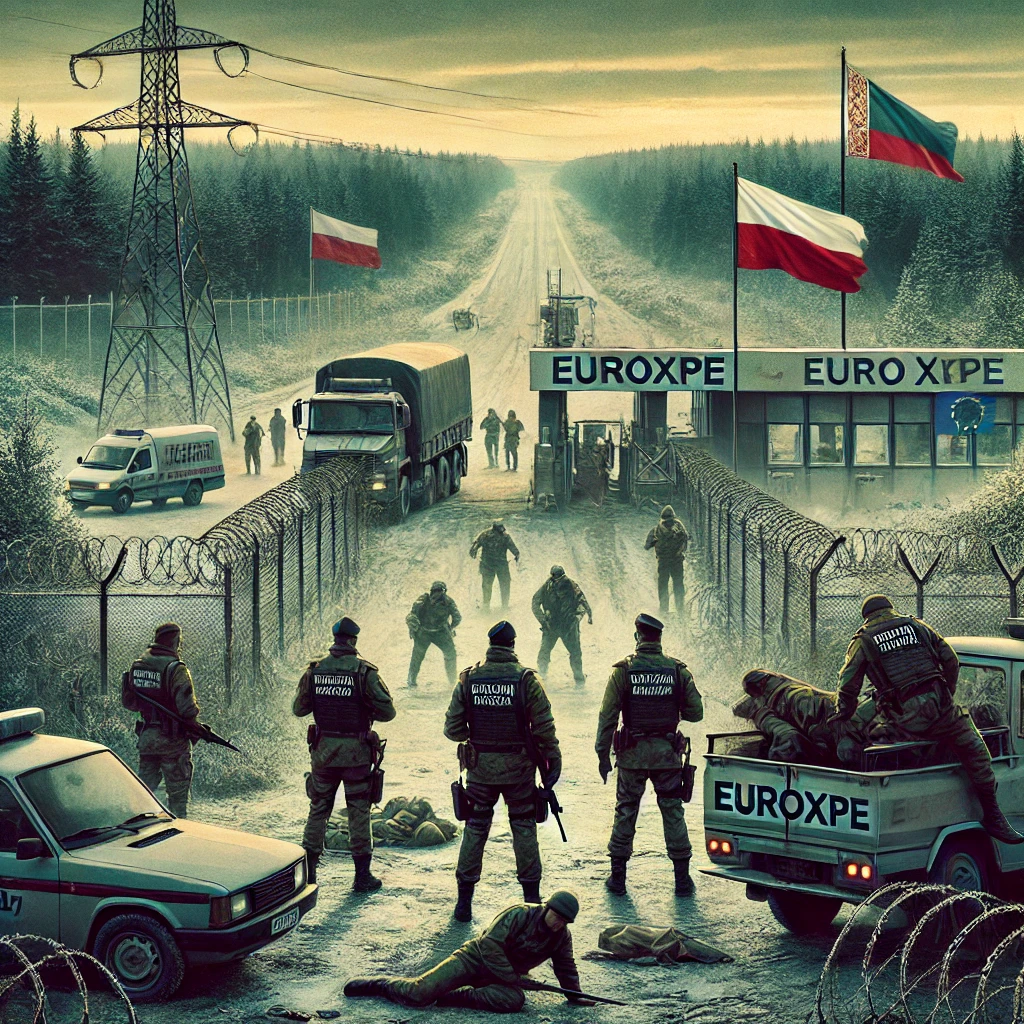Poland’s political tensions reached new heights as Jaroslaw Kaczynski, leader of the country’s right-wing opposition, Law and Justice Party (PiS), sharply criticised the current pro-European Union government. Speaking to a rally of several thousand supporters in Warsaw, Kaczynski accused the government of acting contrary to Poland’s national interests and violating the country’s laws. The rally, held outside the Justice Ministry, was marked by a show of strong nationalist sentiments, with attendees waving Poland’s iconic white-and-red flags, despite the chilly weather.
In his address, Kaczynski, who served as the country’s de facto leader from 2015 to 2023, directed much of his ire at Donald Tusk, Poland’s current prime minister and a key figure in the pro-EU camp. Tusk has been a staunch critic of the Law and Justice Party’s judicial reforms, which, during PiS’s rule, led to a series of clashes with Brussels over concerns about the erosion of democratic principles. Many Poles, Kaczynski argued, have grown weary of the government’s pro-European policies, which he believes undermine Poland’s sovereignty and independence.
The 2023 elections saw the defeat of the Law and Justice Party, marking an end to its eight-year reign. However, Kaczynski’s influence remains significant, particularly through his party’s continued control of the presidency via President Andrzej Duda. Duda, a long-time PiS ally, has frequently blocked key legislative initiatives of the current government, further complicating the political landscape in Poland. This has resulted in a tense and often contentious cohabitation between the presidency and the government, creating gridlock on key national issues.
Kaczynski’s rally speech emphasised the need for continued political activism among his supporters, particularly as the country prepares for the upcoming 2025 presidential election. While he stopped short of announcing a candidate, he urged his base to remain engaged and ready to support PiS’s nominee. The identity of PiS’s candidate remains a topic of intense speculation, but Kaczynski’s statements suggest that his party remains firmly entrenched in the country’s political landscape, even in opposition.
The rally took place outside the Justice Ministry, a location heavy with symbolism. During PiS’s time in government, the ministry was at the heart of the party’s controversial judicial reforms, which sparked nationwide protests and widespread international condemnation. These reforms, which gave the ruling party greater control over the judiciary, were seen by critics as a fundamental attack on the separation of powers. Both Tusk and the European Union have repeatedly condemned these changes as undermining the rule of law in Poland, further deepening the divide between the country’s political camps.
Despite losing the 2023 elections, PiS has maintained a strong foothold in Polish politics. The party’s nationalist rhetoric and focus on defending Poland’s traditional values continue to resonate with a significant portion of the population, particularly in rural areas and among older voters. The rally’s strong turnout demonstrates that Kaczynski’s message of national pride and resistance to EU interference still holds sway, particularly in the context of the ongoing ideological battle with the pro-EU government.
Poland’s political future remains uncertain, with Duda’s second and final term as president ending in August 2025. His continued alignment with PiS ensures that the party will remain a critical player in Polish politics, even as the government faces growing pressure from both Brussels and domestic critics. The upcoming presidential election could prove decisive in determining the direction of Poland’s future, particularly in its relationship with the European Union.
The information for this article was compiled from reports by various Polish news outlets.




